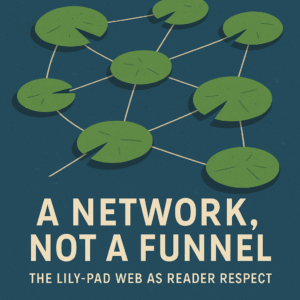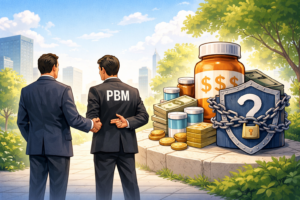Introduction
The field of pharmacy is evolving rapidly, and so is the way pharmacists are educated. Online educational programs have emerged as a flexible and accessible option for those pursuing a career as a pharmacy technician or pharmacist. This article explores the shift toward online education, its benefits, how to select the right program, and the future of pharmacy education.
Shift Toward Online Education
Growth of Online Pharmacy Technician Programs
• Increasing Demand: The need for pharmacy technicians is growing, leading to more educational opportunities.
• Technological Advancements: Improved online platforms make virtual learning more effective.
• Accredited Online Colleges: Institutions like Penn Foster and Ashworth College offer recognized programs.
Accredited Online Colleges and Their Offerings
• Diverse Programs: Ranging from certificate courses to degree programs.
• Interactive Learning: Utilizing multimedia content, virtual labs, and discussion forums.
• Support Services: Access to instructors, career counseling, and technical assistance.
Benefits of Online Learning
Flexibility and Accessibility
• Self-Paced Learning: Study at your own speed, balancing other commitments.
• Geographical Freedom: No need to relocate or commute to campus.
• 24/7 Access: Course materials available anytime.
Cost-Effectiveness
• Lower Tuition Fees: Often more affordable than traditional programs.
• No Relocation or Commuting Costs: Saving on housing and transportation.
• Digital Resources: Reducing the need for physical textbooks.
Selecting the Right Program
Importance of Accreditation
• Quality Assurance: Accredited programs meet established educational standards.
• Eligibility for Certification Exams: Required for taking exams like the PTCB.
• Recognition by Employers: Enhances job prospects upon graduation.
Evaluating Curriculum and Resources
• Comprehensive Content: Covers essential topics like pharmacology, laws, and ethics.
• Practical Experience: Opportunities for virtual simulations or arranged externships.
• Student Support: Availability of tutoring, mentoring, and career services.
Certification and Career Pathways
Preparing for Certification Exams (PTCB)
• Study Guides and Practice Tests: Many programs provide resources to prepare.
• Understanding Exam Content: Familiarity with topics covered is crucial.
• Application Assistance: Guidance on the certification process.
Career Opportunities Post-Graduation
• Community Pharmacies: Roles in retail settings.
• Hospital Pharmacies: Working in inpatient care.
• Specialized Fields: Opportunities in compounding, oncology, or informatics.
Future of Pharmacy Education
Trends in E-Learning and Virtual Training
• Virtual Reality (VR) Simulations: Enhancing practical skills in a virtual environment.
• Interactive Case Studies: Engaging with real-world scenarios online.
• Collaborative Platforms: Connecting with peers and professionals globally.
Lifelong Learning for Pharmacy Professionals
• Continuing Education: Online courses for license renewal and skill enhancement.
• Specialization Certificates: Pursuing advanced areas of practice.
• Staying Current: Keeping up with the latest industry developments and technologies.
Conclusion
Online training programs have revolutionized pharmacy education by offering flexible, accessible, and cost-effective pathways into the profession. By choosing accredited programs and leveraging available resources, aspiring pharmacy technicians and pharmacists can build a solid foundation for a successful career. The future of pharmacy education is poised to embrace even more technological innovations, making lifelong learning an integral part of the profession.







